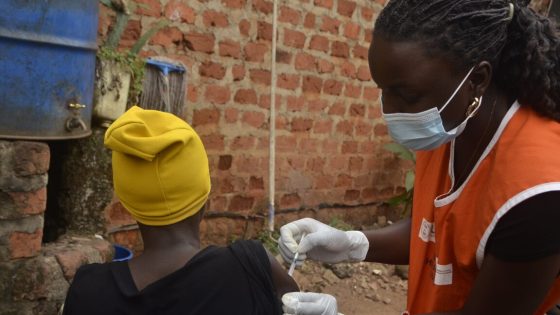Recent research highlights a significant health concern for women experiencing perimenopause, revealing that nearly 40% suffer from moderate to severe hot flushes and night sweats without effective treatment options. Published on July 26, 2025, in the Lancet Diabetes & Endocrinology, the study examined over 8,000 women aged 40-69, shedding light on the prevalence of these symptoms during different menopausal stages.
- 40% of women face severe hot flushes.
- Study involved over 8,000 participants.
- VMS is key symptom of perimenopause.
- No approved treatments for perimenopausal symptoms.
- Menstrual irregularity not earliest perimenopause sign.
- Research highlights need for symptom-based approach.
Conducted by Monash University, the study found that vasomotor symptoms (VMS) are particularly defining for perimenopause, a transitional phase leading to menopause. While other symptoms like poor memory and low mood were reported, they did not significantly differ from pre-menopausal stages. This raises an important question: are we overlooking the signs of perimenopause?
The findings challenge the traditional view that menstrual irregularity is the first sign of perimenopause. Instead, symptoms like hot flushes should be prioritized for diagnosis. This approach could lead to better management of symptoms and improve quality of life for many women. Consider these recommendations:
- Consult a healthcare provider if experiencing hot flushes or night sweats.
- Keep a symptom diary to track changes and patterns.
- Discuss potential treatment options, including lifestyle changes.
- Stay informed about new research and therapies for perimenopause.
As research continues to evolve, it’s essential for women to advocate for their health and seek support during this transitional phase. Awareness and timely action can make a significant difference.















![[Adobe Stock]](https://news.faharas.net/wp-content/uploads/2025/07/Ketogenic-Diet-Boosts-Brain-Blood-Flow-by-22-and-BDNF-230x129.jpg)














